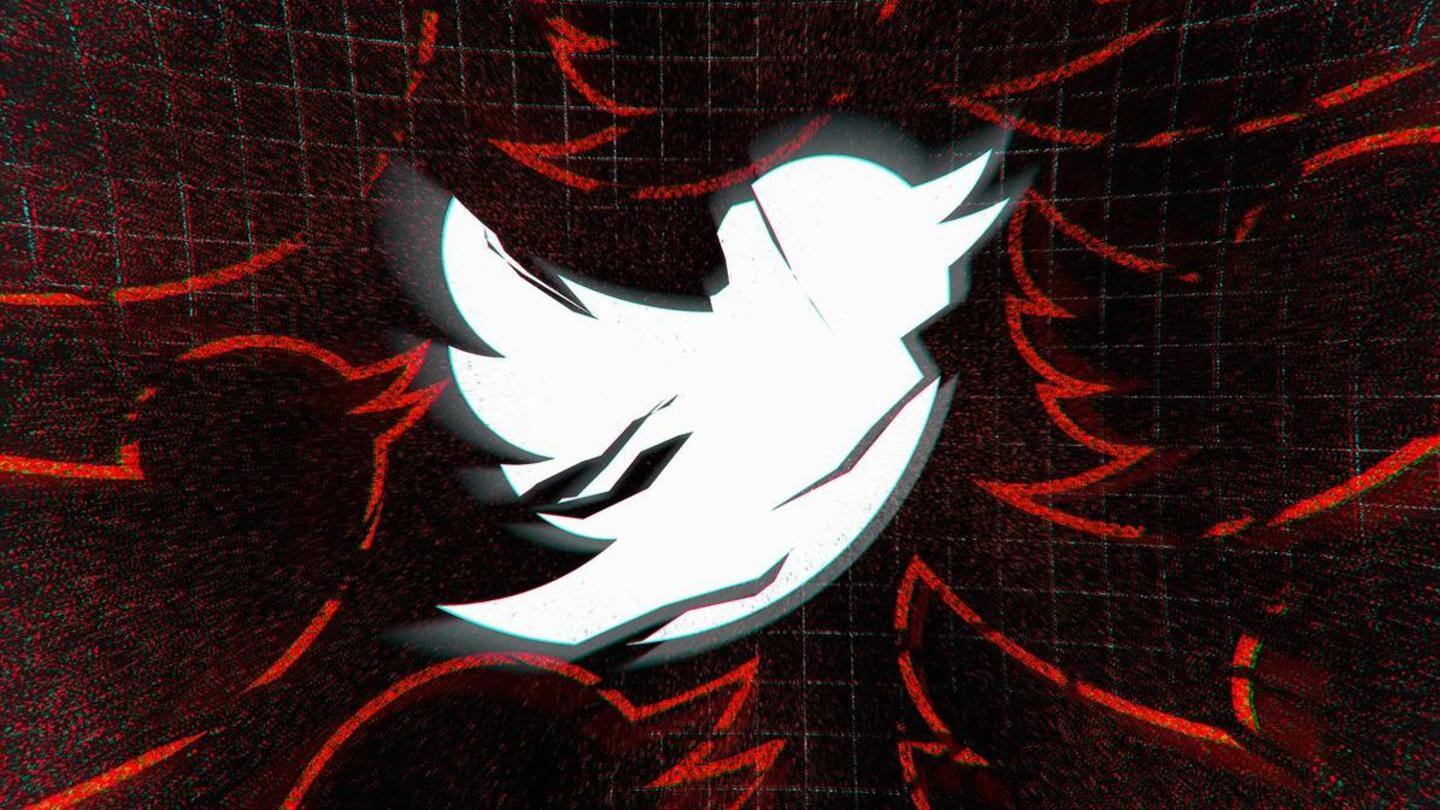
Google, Facebook comply with IT Ministry rules; Twitter's stance unclear
What's the story
Google, Facebook, and the latter's subsidiary WhatsApp have reportedly agreed to comply with the new rules defined by the Indian Government's IT Ministry. Twitter's intention to comply remains unclear.
Under the new rules, all social media intermediaries are required to identify the original source of information flagged by government authorities besides implementing robust grievance redressal systems.
Here are more details on the recent developments.
Previous developments
Delhi Police raided Twitter offices, served notice; WhatsApp sued government
In February, the Indian Government's Ministry of Electronics and Information Technology (MeitY) had released new guidelines to regulate digital content.
Earlier this week, Twitter labeled BJP Spokesman Sambit Patra's tweet as "manipulated media". Shortly thereafter, Delhi Police raided Twitter India's offices and served the company a notice.
This was followed by WhatsApp suing the government alleging that compliance with new rules would be unconstitutional.
Details
Big Tech shared requisite information with IT Ministry, except Twitter
Citing government sources, PTI said Google, Facebook, and WhatsApp have now shared requisite details of a chief compliance officer, nodal contact person, and resident grievance officer with MeitY.
Koo, ShareChat, Telegram, and LinkedIn have already complied with the rules that came into effect on May 26.
PTI also reported Twitter hasn't yet sent the details of a chief compliance officer to the IT Ministry.
Intimidation
Twitter listed local lawyer as nodal contact, grievance officer
Additionally, after a strong response from the government, Twitter has reportedly listed a lawyer working at an Indian law firm as the nodal contact person and grievance officer.
News18 reported that Twitter called the Delhi Police visit to its offices a form of "intimidation." However, the government countered the statement reportedly calling it "totally baseless, false, and an attempt to defame India."
What’s the rule for?
Rules give intermediate platforms immunity from penalization for third-party content
The Centre has said that the new rules are in place to give the intermediate platforms immunity from liabilities arising from user-generated content hosted by them.
Additionally, the rules will help curb misuse of the platforms and offer a robust grievance redressal system.
Understandably, non-compliance with the rules would strip the platforms of their intermediary status, essentially making them liable for penal action.